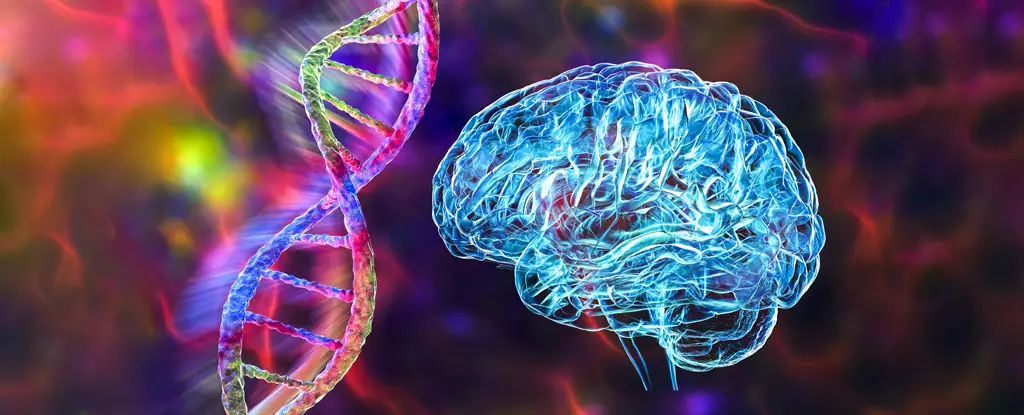Recent advances in psychiatric genetics have unveiled that eight prevalent mental health disorders share a significant genetic foundation. This remarkable finding underscores a paradigm shift in how we perceive and treat conditions like autism, attention deficit hyperactivity disorder (ADHD), schizophrenia, and others, leading researchers to reevaluate the interconnectedness of these illnesses. The implications of this shared genetic basis not only promise advancements in diagnosis and treatment but also foster a more nuanced appreciation of the complex biology underpinning mental health.
A pivotal study from the University of North Carolina focused on identifying the shared genetic variants that contribute to these psychiatric conditions. The research revealed that many of these variants remain active for extended periods during brain development, suggesting they may affect multiple stages of neural maturation. This insight presents a compelling case for investigating these genetic factors as potential therapeutic targets, not just for a single disorder, but across various mental health challenges. Hyejung Won, a leading geneticist in the study, emphasizes the significance of the proteins produced by these shared genes, highlighting their intricate interconnection within biological networks, which may lead to widespread repercussions in brain function.
Pleiotropic variants—those that influence multiple seemingly distinct traits—emerged as a critical focal point in this research. The investigation identified 683 genetic variants that alter gene expression within neural precursor cells. Furthermore, the study demonstrated that these pleiotropic variants facilitate numerous protein interactions and regulatory mechanisms during brain development, affirming their role in the manifestation of various psychiatric conditions. The heightened engagement of these variants across diverse brain cell types underscores their potential as key players in the etiology of mental disorders, reinforcing the idea that genetic factors may transcend traditional diagnostic boundaries.
Historically, the concept of pleiotropy posed challenges to the classification of psychiatric disorders, complicating our understanding of their individual characteristics. Researchers recognized that overlapping genetic backgrounds could muddy the waters of diagnosis, producing shared symptoms among different conditions. However, this latest research invites a rethinking of classification systems, urging the field to consider a more integrated approach that acknowledges these genetic similarities while also recognizing the unique aspects of each disorder.
The ramifications of these findings extend far beyond theoretical knowledge; they hold the possibility of revolutionizing treatments for mental disorders. By pinpointing genetic targets that can address multiple conditions simultaneously, researchers could pave the way for more effective interventions, potentially mitigating the burden of these complex psychiatric disorders on individuals and society at large. As we move forward, it is crucial for researchers, clinicians, and policymakers to embrace this knowledge and leverage it in the pursuit of improved mental health outcomes for affected individuals.
The exploration of the genetic underpinnings of psychiatric disorders offers a promising pathway, inviting a more holistic understanding of mental health and fostering innovation in treatment strategies.

